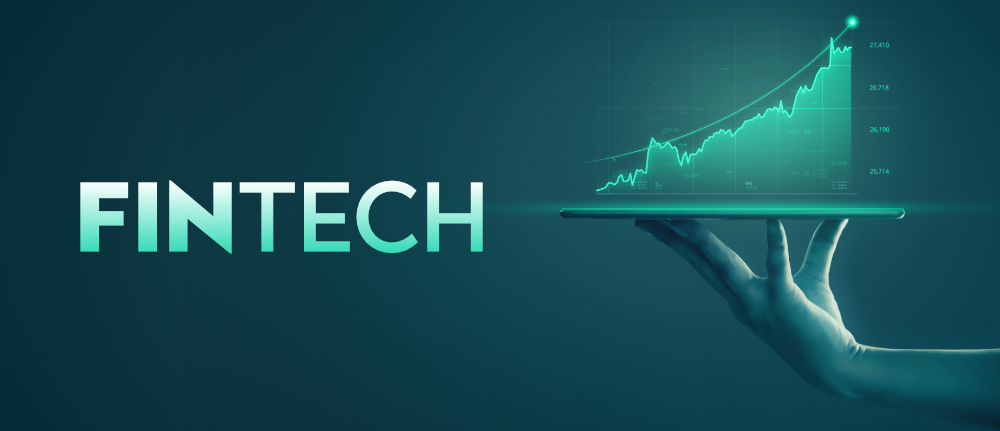Politics is in the front row. Another issue is secondary. Everybody discusses how the next president will emerge. Who will be the next president? How will he emerge? What is his economic blueprint? Does he understand what Fintech stands for? Does he have a full grasp of technology? And innovation? Does he know what Fintech is? Does he care about Fintech? Or about the votes?
These are not political questions. But they are entrenched in politics. There arises the challenge. If you say, you are apolitical how can you write about politics? It is akin to saying you are not an economist. But you are interested in demand and supply. Being apolitical does not mean being uninterested in politics. Being apolitical in this context does mean you do not want trouble. Hey, before we divagate, this is Fintech. The focus is on how the next president plays in its progression.
On The One Hand
The world’s biggest economy, the United States, is the capital of technology innovation. Some say it is China! Well, the McKinsey 2017 global comparison says China has invested more than $7 billion in Fintech! The United States, on the other side, had invested $5.4 billion. Anyway, for this discourse, let us focus on the United States. Through subsidies, subventions, grants, endowments and investments, the biggest investor in American technology advancement is the taxpayer.
Aside from this, the US juggernauts have received financial support from the US government. Tesla. Amazon. Microsoft. Meta. Twitter. They have all received subsidies from the US government. For instance, Mic.com wrote that Google picked more than $630 million from states like Oregon, North Carolina and a few others.
What does a multi-billion dollar company that controls the majority of the world’s internet need with more than $630 million in government subsidies? Because the United States government knows what Google stands for. Will the next Nigerian president care about Fintech, Fintech startups, or Fintech incumbents?
On The Other Hand
Fintech1000 plus, Africa’s largest online community of Fintech experts, met with one of the presidential candidates recently. Sir Ademola Aladekomo, chair of Chams Plc, facilitated the meeting. Sir Aladekomo is one of the architects of today’s Fintech market. These Fintech experts control most of the Fintech firms that own the future of our economy. John Obaro of SystemSpecs and Iyinoluwa Aboyeji of Future Africa and others attended the meeting.
Therefore, Mr Obi listened to the Fintech experts. He reiterated that Sir Aladekomo first mooted the idea of the National Identity Number and biometric database. Sir Aladekomo and Obi have been friends for over two decades. The politician confirmed while addressing the fintech minds that he had done business with Aladekomo. Aladekomo introduced the politician to the Nigerian tech community. The meeting was private. The meeting was about fintecholitics. What are these critical matters in fintech and tech? The lack of genuine and sustainable government support for technological innovation.
The meeting was to uncover these issues before the next presidential candidate. Chinenye Mba-Uzoukwu, who doubled as the Nigerian Economic Summit Group representative and a member of Fintech 1000 plus advised Obi and other candidates to wake up to the fact that Nigeria might be too far behind because it appears “we’re investing to catch up with the past, not prepare for the future.”
He said that the advancements made by the United States and China et al are currently driving the world. These advancements arrived many years ago. “It appears that what we are doing is to update archaic science with yesterday’s tech.”
From The Sideline
What did Obi say?
He digested the presentations of the Fintech experts.
Did he respond to their presentations?
His response will matter if he emerges as the next president.
Does he care about fintech or the votes that might come from the fintech ecosystem?
That question is political.





